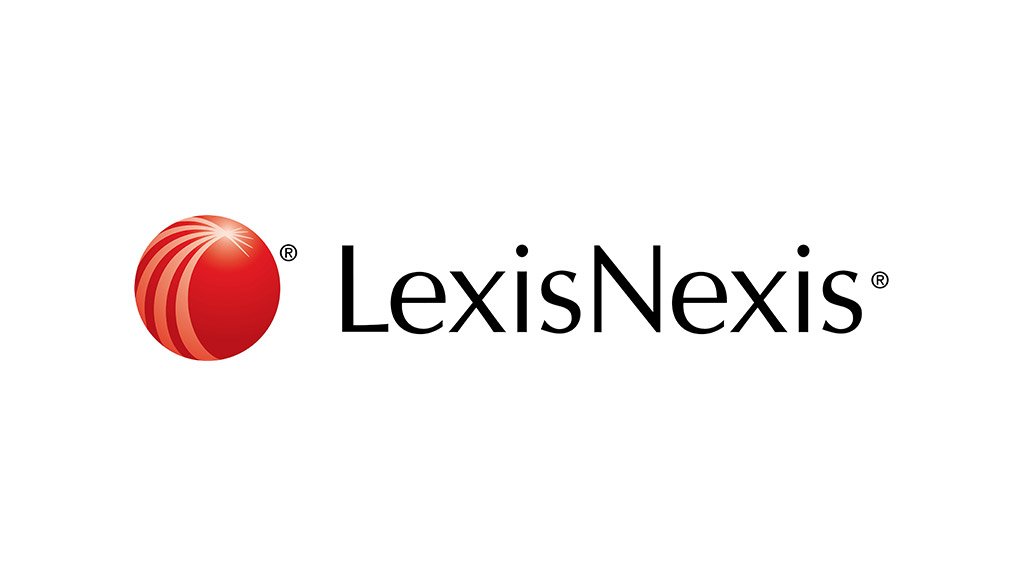Businesses face risk of big penalties and reputational damage when flouting rules to combat financial crimes
South Africa’s prudential authority is sending a strong message that non-compliance with the Financial Intelligence Centre Act will not be tolerated, hitting large institutions with hefty fines and penalties running into millions.
The cost to the local businesses is more than financial; the reputational damage when called out for such violations is equally critical and can often limit the ability to conduct business as usual.
Nedbank is the latest business to face administrative sanctions for non-compliance by the the South African Reserve Bank’s Prudential Regulation Authority. These included cautions, reprimands and a total financial penalty of R35-million, of which R15-million has been conditionally suspended. The bank has since remedied the issues.
FICA came into effect in July 2003 to combat financial crimes such as money laundering, tax evasion and terrorist financing. According to the Act, the responsibility as an accountable institution includes identifying and verifying clients and ensuring that their information is correct and up to date.
The Act introduced the “Know Your Customer” requirements, where businesses have to establish and verify the identity of all clients before instituting a business relationship with them or concluding any transaction.
In an era of increasing transparency, trust and integrity helps consumers make more informed choices. Consumers expect business protection and when enterprises fail in their duties due to non-compliance, they not only violate industry regulations but erode consumer confidence too.
“Institutions as well as companies can avoid serious consequences by having a well-coordinated compliance management system in place. Keeping abreast with updates and changes to regulations allows companies to identify threats long before they have serious impact on the business,” said LexisNexis South Africa chief technology officer, Terrance Naidoo.
It’s never been more important to ensure full compliance. In-keeping with the risk-based approach of decision making prescribed by FICA, legal tech giant, LexisNexis SA introduced Lexis KYC (Know your Customer), an easy-to-use, intelligent, cost-effective solution that establishes and verifies the identity of clients.
The solution has a built-in risk assessment matrix and enables clients to create their own compliance risk questionnaire. In addition, it records all interactions and verifications within the system and stores all documents safely in one place with an auditable compliance trail.
“Lexis KYC allows you to manage your customer database no matter how big or small, giving you the confidence that the right kind of KYC is performed at the right customer risk level,” said Naidoo.
“With the implementation of our ongoing KYC maintenance process, managing the re-identification of customer information is taken care of. You control your upfront customer onboarding and re-identification process from the start; Lexis KYC helps you to automate it,” he said.
Lexis KYC works hand in hand with an organisation’s unique compliance requirements. The KYC Risk Assessment allows configuration of a risk assessment according to the customer, business, product and country risk specific to each organisation. It also allows businesses to conduct identity and address verification of national and foreign individuals as well juristic entities, on a per search basis.
“Enhanced due diligence now becomes affordable to the customer as they can control when and on whom adverse media, sanctions and watchlist screenings take place. It gives the customer full control of their risk appetite,” said Naidoo.
For more information on Lexis KYC, click here.
EMAIL THIS ARTICLE SAVE THIS ARTICLE ARTICLE ENQUIRY
To subscribe email subscriptions@creamermedia.co.za or click here
To advertise email advertising@creamermedia.co.za or click here











